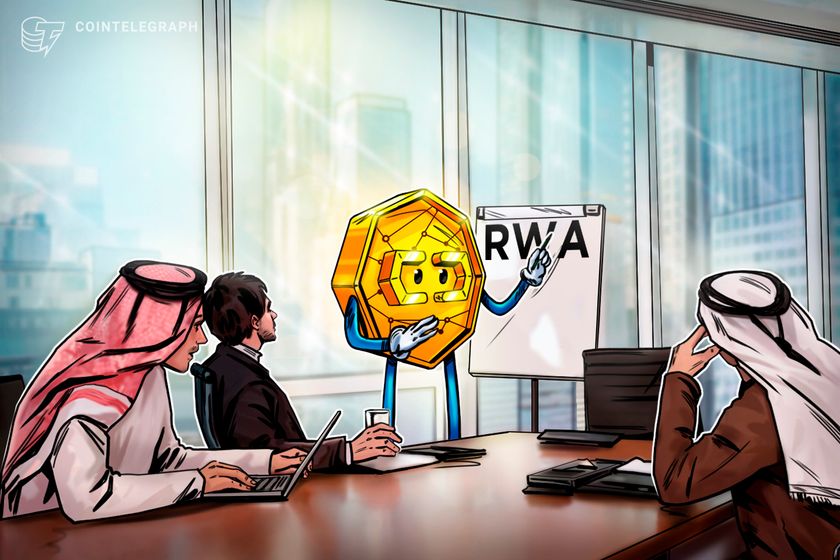The NFT market is booming, but many participants are still in the dark when it comes to their tax liability. Crypto Briefing spoke with Gilded Finance CFO Joey Ryan to clear things up.
Paying Taxes on NFTs: Creators and Investors
Gilded Finance is a non-custodial solution for businesses that transact with cryptocurrency. Founder and CFO Joey Ryan became interested in crypto and blockchain because it has proved transformative for the accounting industry.
While there are finally a growing number of tax education resources available for DeFi taxes and crypto taxes, tax information for the non-fungible token (NFTs) industry is still sparse.
“NFTs are taxed as property, just like other cryptocurrencies (BTC, ETH, etc.) Their tax treatment depends on whether you are a creator or an investor in NFTs,” said Ryan.
According to Gilded’s founder, “NFT creators are taxed at the time they sell NFTs.”
This means that creators who mint and sell these non-fungible digital assets should be reporting income as ordinary income, just as the producers of a physical product would do. Of course, if someone is running a fully-fledged business, they can deduct related business expenses.
Ryan pointed out that many investors are buying non-fungible tokens for speculative or trading purposes, making their tax liability similar to what it would be for crypto trading.
“Purchasing a NFT with crypto and selling a NFT both trigger taxable events subject to capital gains tax. In effect you’re trading one crypto for another (with NFTs falling under the same umbrella as crypto) triggering your taxable event for both the purchase (if buying a NFT with crypto) and sale of NFT.”
Of course, the IRS has yet to release guidelines specific to this market slice. It’s possible that these tokens could fall under the definition of collectibles, bringing a rate of 28% long-term capital gains for high-income earners. By comparison, the capital gains tax for average taxpayers is just 15%.
“For those new to the space that may get caught up in the frothiness, they may not have tax considerations or consequences at top of mind. Most people don’t keep tax consequences in general on top of mind.”
Ryan stated that while seasoned investors are likely considering taxes, newcomers may not have stopped to think about these liabilities for NFTs.
The Boom Is Just Getting Started
The founder added that the NFT market is in its infancy, highlighting the usefulness of the technology.
“With cryptocurrencies like BTC or ETH, there are no defining characteristics for each distinct coin. NFTs have unique identifying characteristics and cannot be divided and used fractionally as a currency equivalent.”
The CFO cites use cases such as residual revenue, in which the original creator of a piece of art is traceable and more directly connected to revenue streams even when their work is sold through third parties.
“The NFT space will be huge. NFTs unlock the royalty chain for musicians, artists, authors, etc.”
Ryan also expects to see identification, titles, deeds, and marriage certificates become major aspects of the growing NFT industry.
While the industry is promising, Ryan said that the IRS has a “tough task” ahead when regulating and taxing the industry without stifling it in the process.
If properly managed, the $192 billion in non-fungible token sales so far could be the tip of the iceberg.
Disclosure: The author held BTC and ETH at the time of writing.
Go to Source
Author: Conor Maloney









